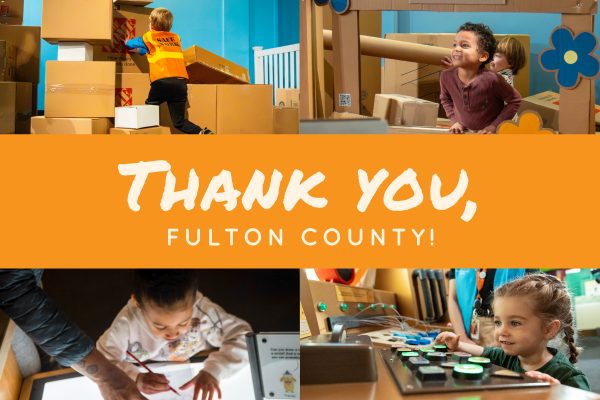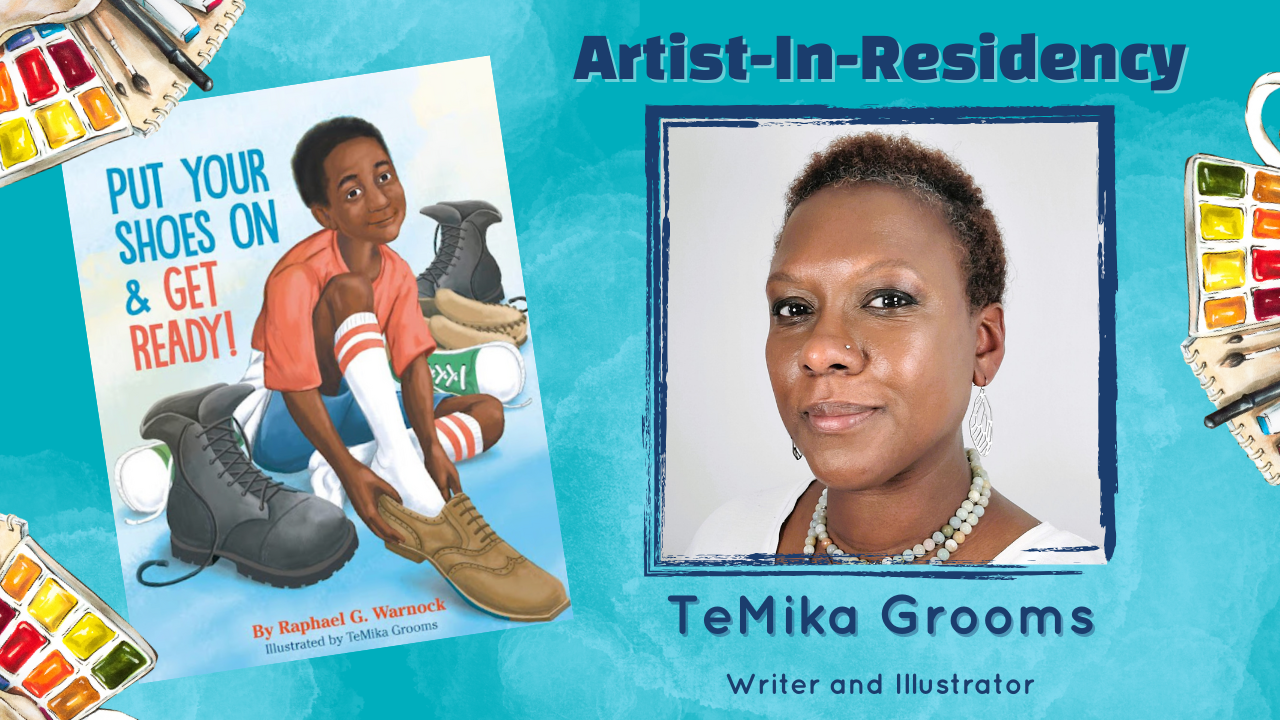Let’s Talk About Intersecting Identities
Let’s Talk About Intersecting Identities with Dr. French-Lee
The intersections of race, gender, and class influence how children are perceived and educated in the United States. Our second Town Square focuses on educators interested in learning about intersecting identities and ensuring equitable outcomes for the children in their classrooms. Dr. French-Lee delves into the social construction of childhood in the United States with particular attention to the role intersecting identities play in shaping the childhood experience. She also explores how teachers can best work with children who have different racial backgrounds from themselves, manage their classrooms to ensure equitable outcomes, and work with parents to establish and maintain equity in the classroom.
A long-time friend and partner of the Children’s Museum, Dr. Stacey French-Lee is an early childhood education advocate, practitioner, and leader in the National Association for the Education of Young Children (NAEYC) accredited programs. She has been instrumental in developing responsive and equity-based policies, programs, and practices alongside children, families, community members, and teachers. Dr. French-Lee is a Clinical Assistant Professor at Georgia State University in the Department of Early Childhood and Elementary Education where she is a core faculty member in the Birth-Five teacher degree and certification program and the Master of Arts in Creative and Innovative Education program. She is also executive director of the two GSU campus childcare centers.
Resources
Books
Deconstructing Early Childhood Education by by Gaile S. Cannella
Cultivating Genius by Gholdy Muhammad
We Want to Do More Than Survive by Bettina Love
Don’t Look Away by Iheoma Iruka
Intersectionality as Critical Social Theory by Patricia Hill Collins
Scholarly Articles
Norozi, S. A., & Moen, T. (2016). Childhood as a social construction. Journal of Educational and Social Research, 6(2), 75.
Yosso*, T. J. (2005). Whose culture has capital? A critical race theory discussion of community cultural wealth. Race ethnicity and education, 8(1), 69-91.
Ladson-Billings, G. (1998). Just what is critical race theory and what’s it doing in a nice field like education?. International journal of qualitative studies in education, 11(1), 7-24.
Ladson-Billings, G., & Tate, W. F. (2006). Toward a critical race theory of education. Critical race theory in education: All God’s children got a song, 11, 30.
Crenshaw, K. (1990). Mapping the margins: Intersectionality, identity politics, and violence against women of color. Stan. L. Rev., 43, 1241


